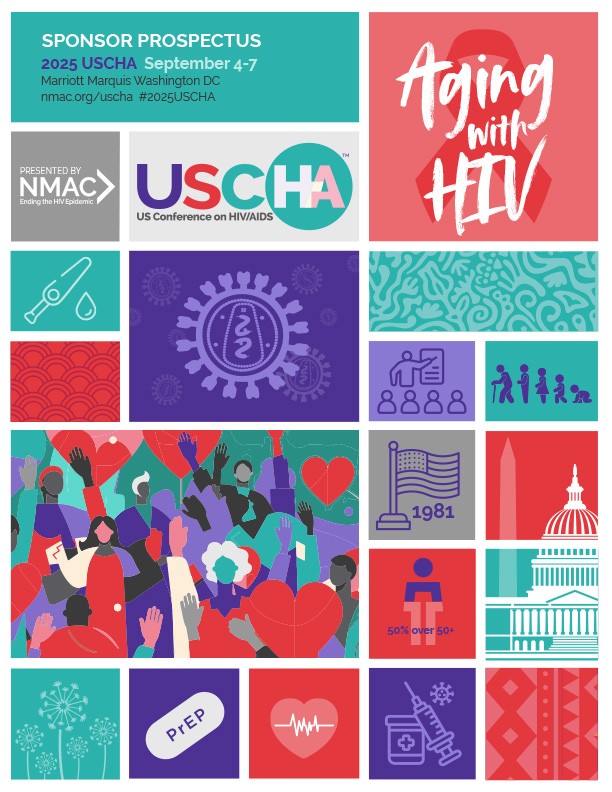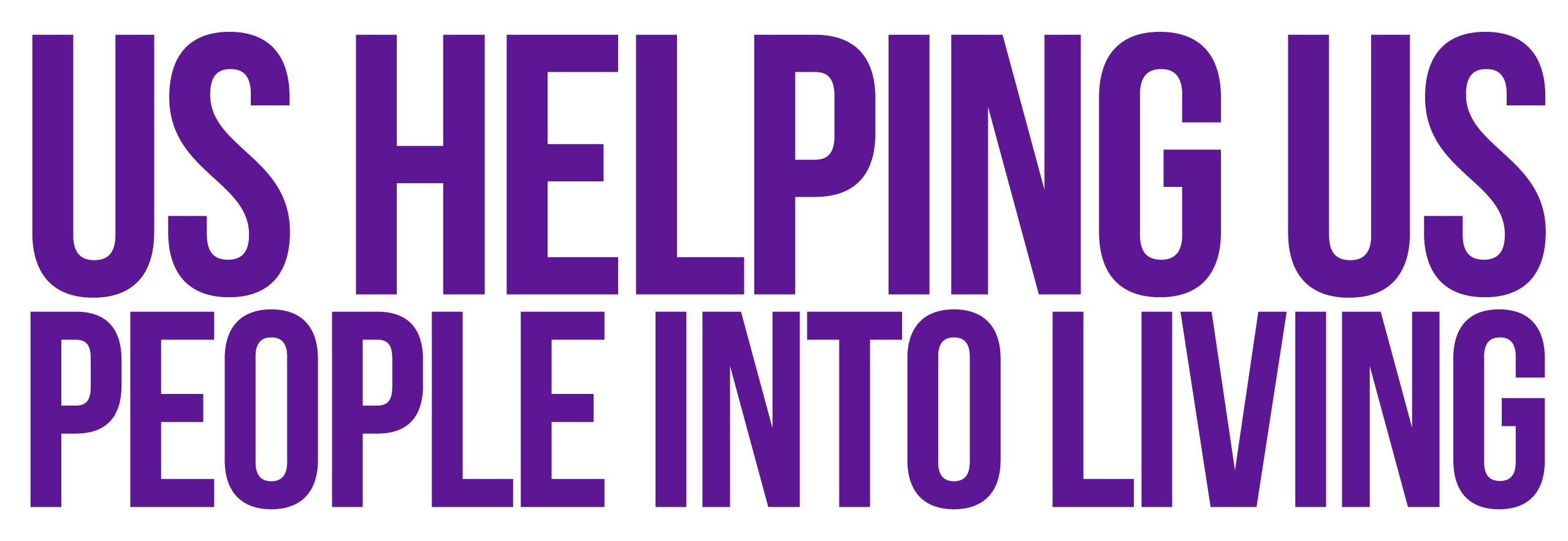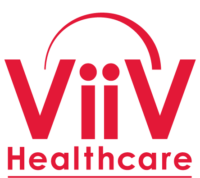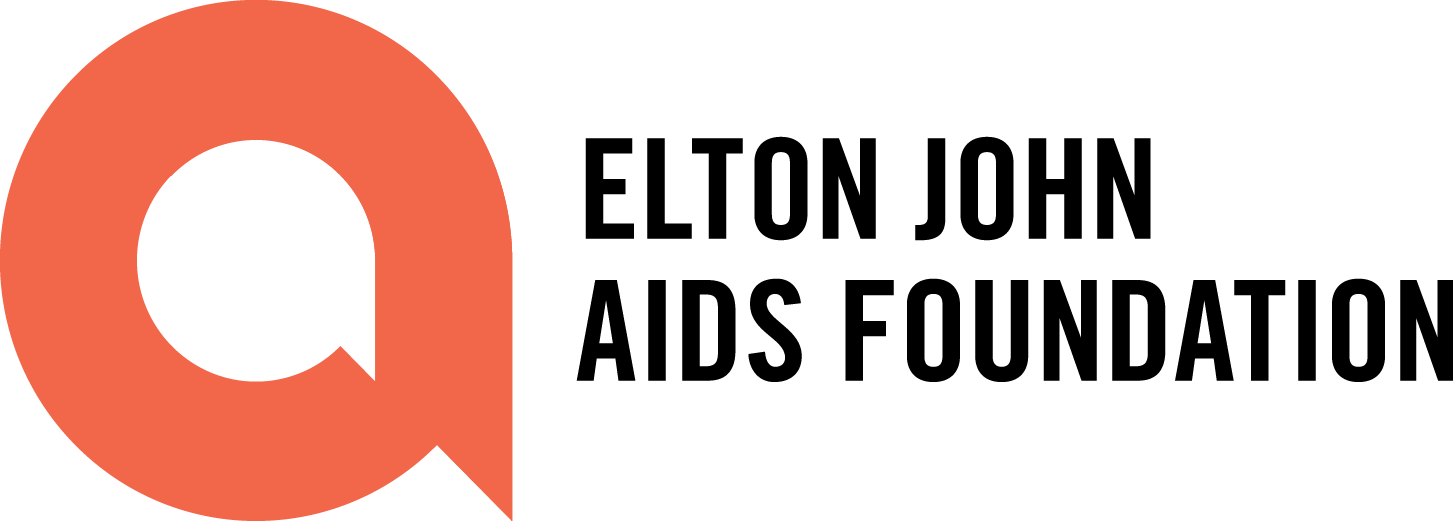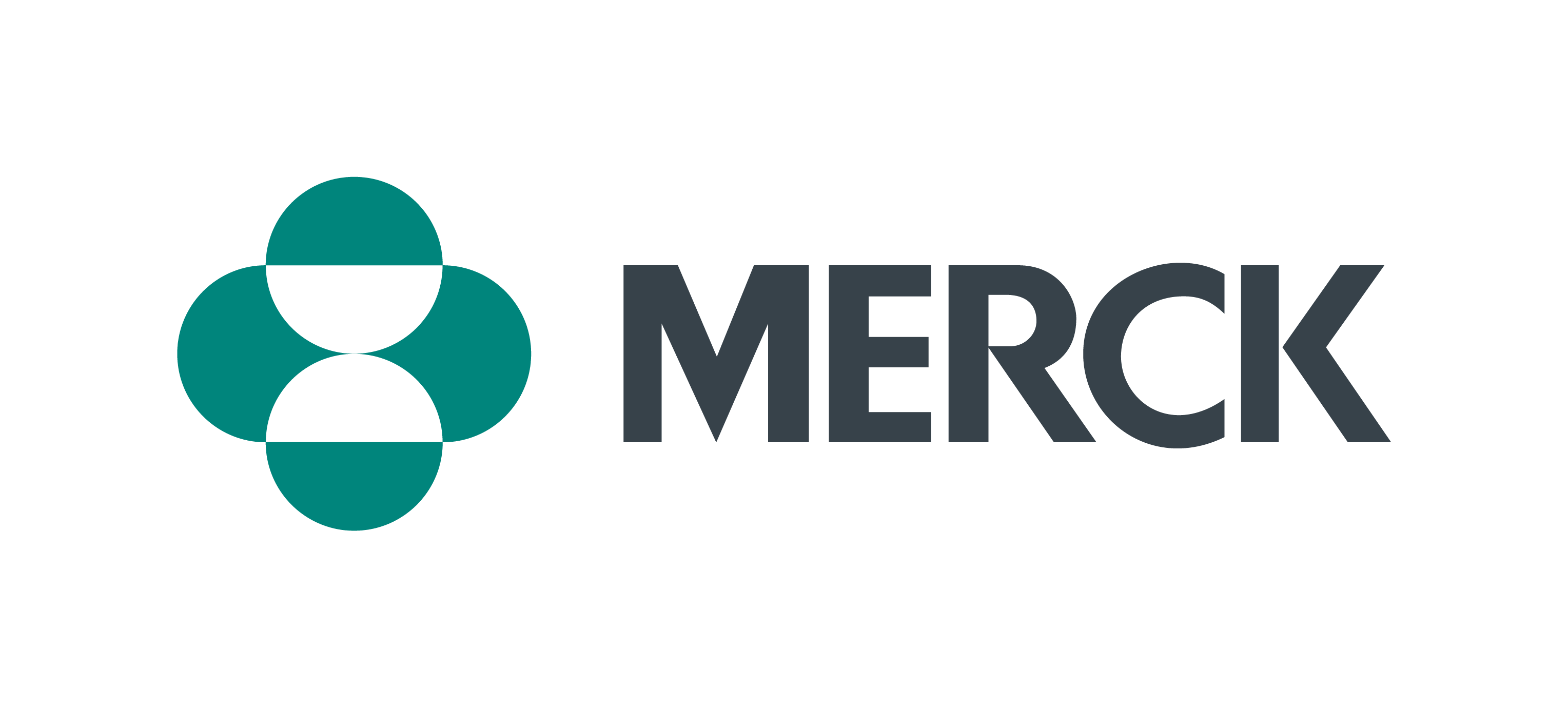Announced!
2026 U.S. Conference on HIV/AIDS
September 17-20, 2026
Hilton Anaheim, Anaheim, California
2025 US Conference on HIV/AIDS
2025 USCHA Theme: Aging with HIV
The 2025 U.S. Conference on HIV/AIDS will shine the light on people aging with HIV. It will be central to our program across plenaries, workshops, institutes, and other conference offerings, while also creating space for conversations about how aging with HIV affects each of us uniquely.
Our theme aims to honor people aging with HIV, examine their challenges, and learn from their living experiences. Our program will focus on the different groups living with HIV, including the pre-protease inhibitor generation, post-protease inhibitor survivors and dandelions. Our conference program has been designed to honor and learn from their history, living experiences, challenges, as well as examine and discuss solutions.
Check out the #2024USCHA vibe here!

What is USCHA?
Hosted by NMAC, #2025USCHA will be held in Washington, DC from Thursday, September 4 through Sunday, September 7, 2025. As we navigate a new political environment, being here together is more urgent than ever before. So, what is USCHA?
A platform for frontline workers to enhance your capacity building, skill development, and idea exchange.
A growing table for our movement that convenes the HIV community, workforce, government, policymakers, and industry to end the HIV epidemic.
A joyful family reunion and a safe space for our movement to celebrate each other, especially during these uncertain times.
An opportunity for sponsors and donors to be a part of supporting our work to end the epidemic and directly engage with a spectrum of essential stakeholders.
Why is it important to address the crucial intersection of aging and living with HIV?
- The data alone makes a compelling reason to focus on people living and aging with HIV (see below).
- Older people living with HIV face unique challenges; while HIV treatments have allowed many of us to live longer, we are also facing other health challenges that compound with age
- Our health systems and policies are not inclusive of adults aging with HIV, and we are often left out of important services and legislations
*photo courtesy of BHOC
*photo courtesy of BHOC
Data on People Aging with HIV
- Of the nearly 1.1 million people living with diagnosed HIV in the United States in 2022, approximately 54% (596,044) were aged 50 and up
- People aged 50 and older accounted for approximately 16% of the 38,043 new HIV diagnoses in 2022 among people ages 13 and older in the United States and six territories and associated states.
- In 2022, people over age 50 with HIV made up nearly half of the over half a million clients served by the Ryan White HIV/AIDS Program (RWHAP). In addition, in 2022, 93% of clients aged 50 and older receiving RWHAP HIV medical care were virally suppressed, which was higher than the national RWHAP average (89.7%).
- When compared to people without HIV, data from several studies have shown that people with HIV have about a twofold higher risk of developing Atherosclerotic Cardiovascular Disease (ASCVD), and their age at incident ASCVD diagnosis is about a decade younger. Source: HIV.gov
Mental health-related problems are a growing concern in aging people with HIV, though little is known about their prevalence and consequences in this population specifically. In a study that compared a cohort of individuals aged >60 years with HIV to a historical control group of healthy older people, a heightened risk of mood disorders including anxiety and depression was noted among people with HIV. Source: HIV.gov
USCHA Goals
- To continue building a table for the HIV movement that brings workforce, industry, government, and policymakers together to shape HIV programs and policies, and protect HIV funding
- To learn about the latest best practices, data, innovation to improve HIV programs and service delivery
- To offer sponsors and exhibitors a unified space to engage and build relationships with the HIV movement through information, messages and products.
- To create a space for the HIV community to reunite and celebrate, feel safe, be loved on, and carry that back to their communities across the country
History:
The U.S. Conference on HIV/AIDS, convened by NMAC, has been the focal point for our communities to be seen by each other, and for us to be heard by those who influence HIV funding and programs.
The longevity of this community gathering can be mapped to the arc of the HIV epidemic, from the early days of antiretroviral therapies for HIV treatment to lifesaving biomedical interventions like long-acting PrEP injectables for HIV prevention.
*photo courtesy of NMAC
*photo courtesy of Dami Or Photography
2025 USCHA Tracks and Areas of Focus
The 2025 USCHA theme is “Aging with HIV” and many tracks are aligned with this theme. You can pick any of these tracks to base your abstract on. While you can submit multiple abstracts, you have to select one track for each abstract.
(in alphabetical order)
- Track 1: Advancing Research and Treatment for Older Adults
- Track 2: Aging with HIV- Political Determinants of Health
- Track 3: Behavioral Health and Aging with HIV
- Track 4: Biomedical HIV Prevention
- Track 5: Community Building
- Track 6: Comorbidities, and Multiple Chronic Conditions of Those Aging with HIV
- Track 7: Dandelions and Lifetime Survivors
- Track 8: The Science of Sexuality and Pleasure
- Track 9: Systems Change and Workforce Development
- Track 10: Women Aging with HIV
*photo courtesy of NMAC
REGISTRATION
2025 USCHA will be held in Washington, D.C. from Thursday, September 4 through Sunday, September 7, 2025.
Registration is now open. Please make sure to register by July 28, 2025 as the late registration rate for ALL categories is $875.
- Early Bird Deadline: June 23, 2025
- Standard Deadline: July 28, 2025
- Late Registration Deadline: August 18, 2025
Ask Your Organization to Send You to USCHA!
We understand you may have to convince your organization to let you attend USCHA. So, we’ve drafted a letter you can share with your supervisor or leadership team. You can download this Word doc and customize it for yourself.
At USCHA, you’ll expand your knowledge, strengthen your professional skills, and build powerful connections with leaders and advocates from across the country. Your organization—and the communities you serve—can directly benefit from the insights and tools you bring back.
USCHA 2025 highlights:
- Join more than 3,000 health professionals, community leaders, advocates, and people living with HIV—along with peers, federal partners, funders, and community-based organizations—at the nation’s largest annual HIV convening focused on making real change.
- Explore expert-led sessions on health equity, policy, biomedical prevention, and strategies to end the HIV epidemic.
- Hear from influential keynote speakers driving innovation, advancing justice, and centering community voices.
- Participate in skill-building workshops that translate knowledge into action for your programs and services.
- Earn up to 22 continuing education units (CEUs) from the following accrediting agencies:
- National Association for Social Workers (NASW)
- National Commission for Health Education Credentialing (NCHEC)
- George Mason University
- National Board of Public Health Examiners
- Discover resources, tools, and partnerships in the Exhibit Hall from nearly 100 organizations and companies to support your work beyond the conference.
- Whether you’re on the front lines or shaping systems, USCHA is your opportunity to connect, learn, share and return empowered to do the work ahead.
*photo courtesy of NMAC
SPONSORS & EXHIBITORS
The United States Conference on HIV/AIDS (USCHA) is the nation’s largest convener of community, workforce and frontline service providers, government, policymakers, and healthcare industry across the HIV movement.
As we navigate a new political environment and as the conference returns to its home base of Washington, D.C. it is a crucial time to engage your stakeholders with information, messages, and products.
Contact
For information, updates, and questions about NMAC’s 2025 US Conference on HIV/AIDS, please email Conferences@NMAC.org



